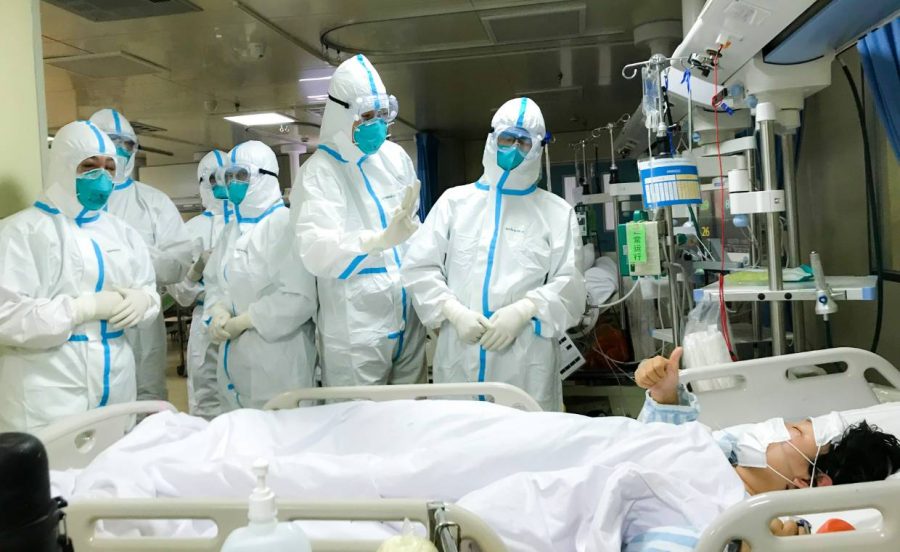The Coronavirus is No Joke, but How Worried Should You Really Be?
March 4, 2020
Over the last several weeks, it has been impossible to escape the news about the COVID-19 virus, better known today as the coronavirus. No doubt, you have heard how “deadly” it can be by now. Over the last couple days, five Americans have died in Washington state as the virus continues to spread faster outside of China than it currently is inside of China.
As the virus has spread outside of China, certain countries have done a lackluster job keeping their citizens safe. Japan, for example, infamously botched an effort to quarantine sick Diamond Princess cruise ship passengers on said cruise ship, resulting in over 640 cases of the virus, and five deaths since.
Even in China itself, questions of whether or not certain public health officials were repressed as the virus began to break out have surfaced. When China did begin to take action, it did so aggressively, baring people in the epicenter city of Wuhan from leaving their homes for weeks.
The virus has since spread to much of the northern hemisphere, and is quite obviously not a China-only problem anymore. The question is how are we, in the US, dealing with the virus on the home front.
The truth of the matter is that the president, who has named his VP Mike Pence in charge of leading his administration’s efforts to combat the virus, has tweeted and said things that contradict what experts are also trying to warn the American public of.
Trump has said the virus is “under control.” While the CDC is taking steps to improve testing kits, anything in the way of a “vaccine” is still a ways off. The CDC has also said that the spread of the virus in the US is all but inevitable, saying it’s “not a question of if, but when.” It’s important that in a crisis, we don’t downplay the significance of real threats to our health and safety.
So how worried should you be? The answer… maybe a little. There’s certainly no need to panic, but a little vigilance is necessary. Finding a healthy balance between pure panic and pure ignorance is key. Do you need to run to Costco to stockpile bottled water and surgical masks? Do you need to stockpile on shotguns and ammunition to prepare for the seemingly inevitable zombie apocalypse? No. That kind of panic is unhealthy and unhelpful, but that doesn’t mean this threat is something to be ignored.
Wash your hands regularly, for 20 seconds each time. If you are sick (whether or not it is the coronavirus) do not come to school. Keep your hands away from your face, including your eyes and mouth.
Chances are, you won’t experience the coronavirus, and even if you do, it’s mortality rate is low provided you are already in good health and have proper access to quality medical care, but it’s important to not fall into the trap of downplaying the reality of this dangerous situation, and for us all to be more vigilant and aware.

